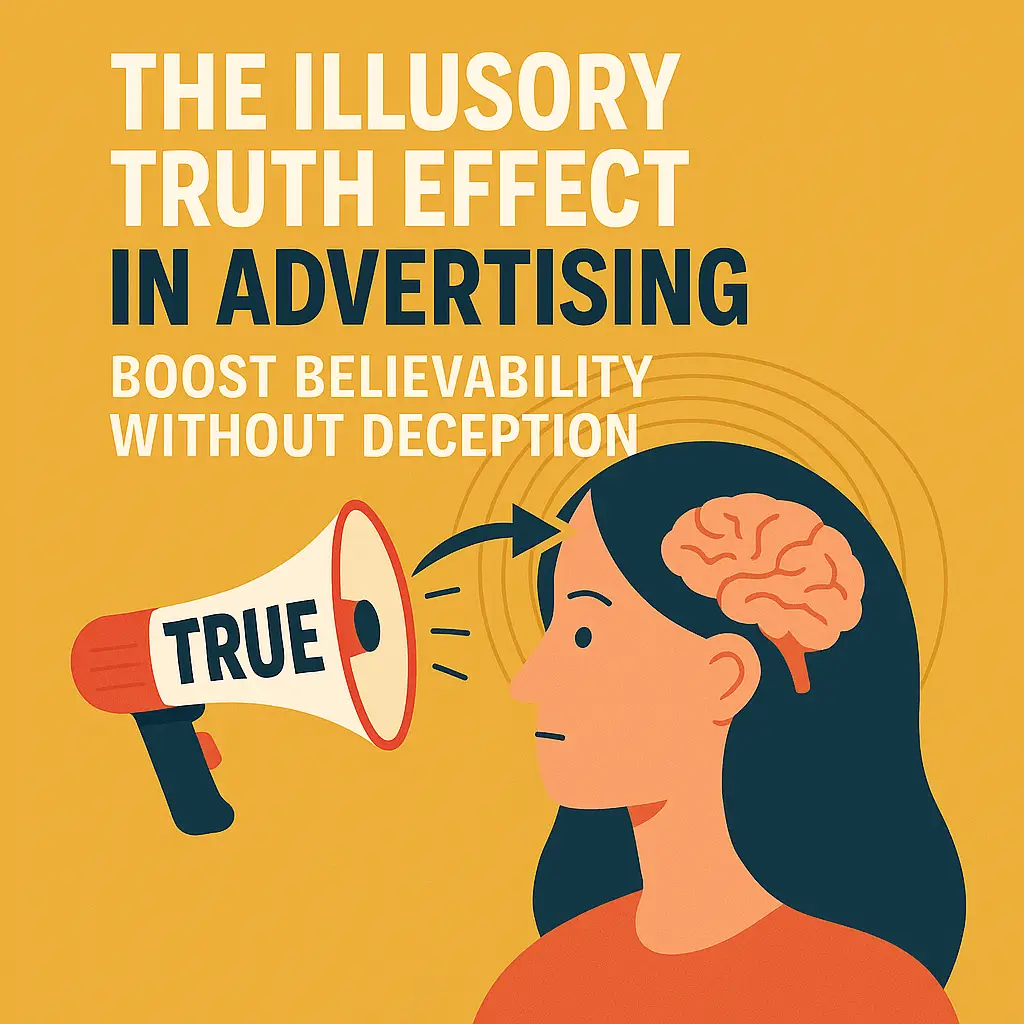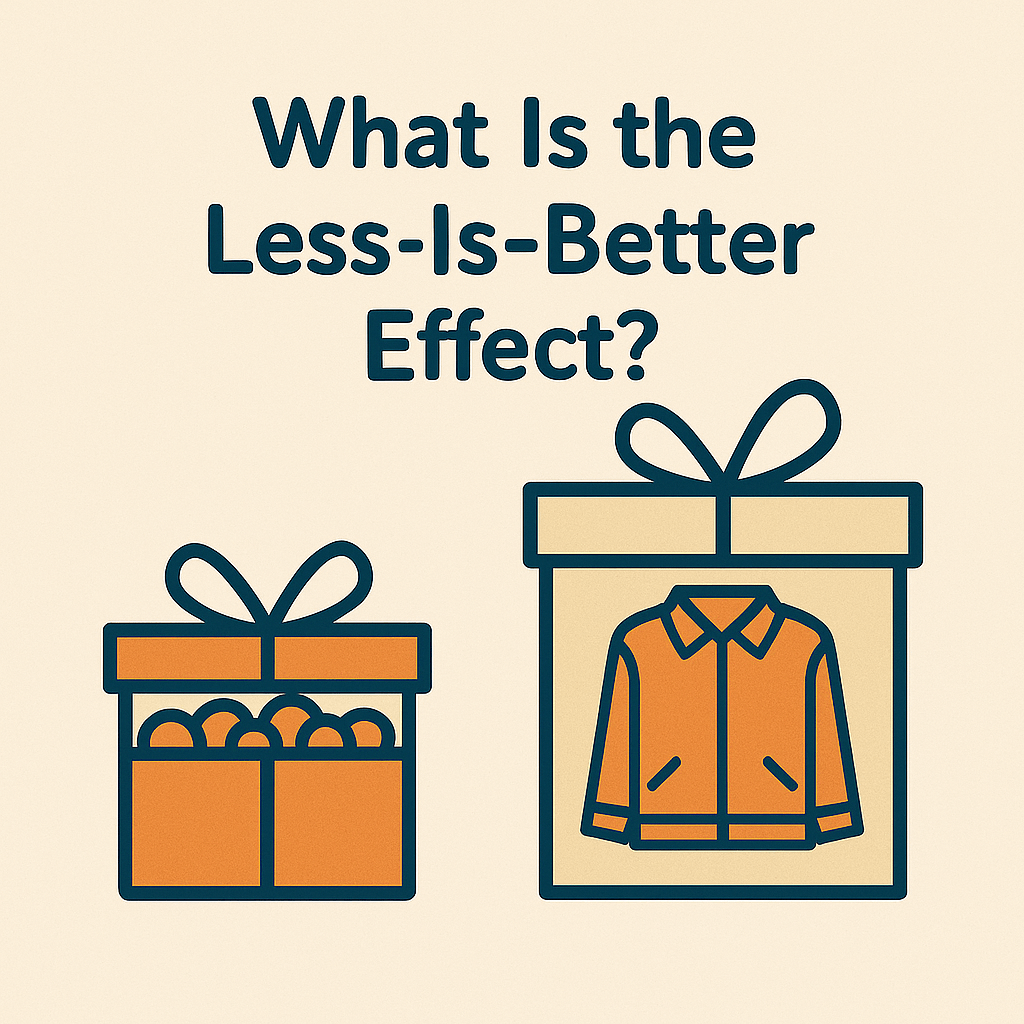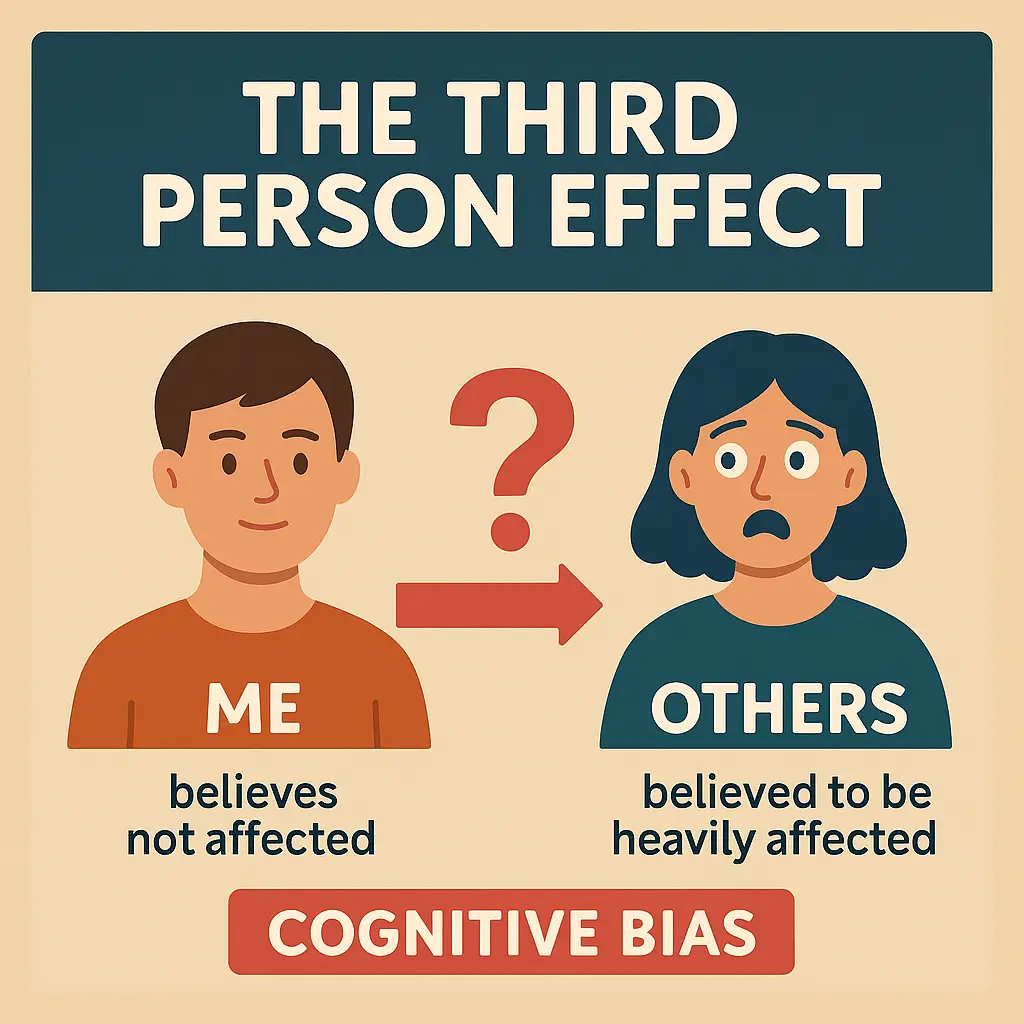The Illusory Truth Effect in Advertising: Boost Believability Without Deception
Key Takeaways: What Is the Illusory Truth Effect? The illusory truth effect, sometimes referred to as the illusion of truth or validity effect, refers to our tendency to accept repeated information as true, even when it’s false. This phenomenon is driven by something called processing fluency, which is essentially our brain’s inclination to favour information […]
The Illusory Truth Effect in Advertising: Boost Believability Without Deception Read More »










